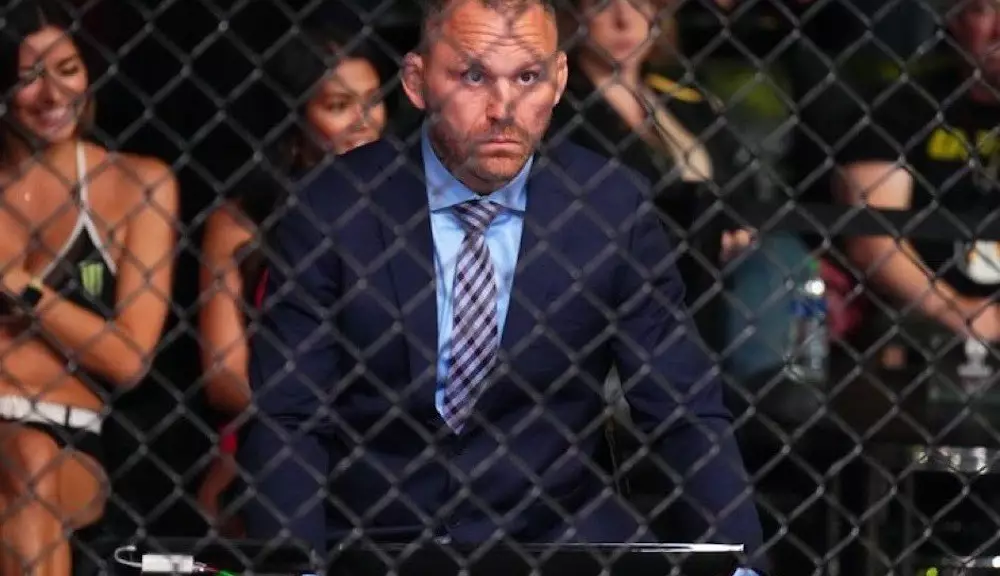The world of mixed martial arts (MMA) is filled with thrilling bouts, rising stars, and compelling narratives. However, the often-understated aspect of this sport lies in its officiating—the referees and judges whose decisions can profoundly impact the outcomes of fights. As we look forward to UFC 311 scheduled for January 18 at the Intuit Dome in Inglewood, California, a recent announcement of the assigned officiating team has sparked discussions within the MMA community. Understanding their roles and influence is paramount for fans and fighters alike.
In MMA, referees and judges serve critical roles that extend beyond merely enforcing rules. Referees are responsible for ensuring fighter safety and maintaining the flow of the fight, ready to intervene when necessary. Judges evaluate fighters’ performance based on established criteria, including striking effectiveness, grappling control, and overall aggression. Their assessments culminate in scorecards that ultimately determine the fight’s outcome in scenarios where it goes the distance, underscoring the weight of their responsibility.
At UFC 311, the officials’ list, as disclosed by Andy Foster, the executive officer of the California State Athletic Commission, showcases an intriguing mix of experienced veterans and emerging names. This blend is essential, as it shapes the dynamics of the event and can affect performance anxiety for the fighters.
In the main event of UFC 311, Islam Makhachev will put his lightweight title on the line against Arman Tsarukyan. This fight represents not just a test of skill but also a rematch, raising the stakes for both fighters. Makhachev, known for his grappling prowess and striking ability, faces Tsarukyan, who brings a formidable skill set and innovative techniques to the octagon.
The choice of judges and referees for this match will be crucial. If judges come from varied backgrounds with different interpretations of scoring criteria, it can lead to unpredictability in how they score the fight. For instance, if a judge favors aggressive striking while another prioritizes strategic grappling, a fighter may find their performance evaluated inconsistently.
Delivering additional excitement, the co-main event features Merab Dvalishvili defending his bantamweight title against Umar Nurmagomedov. Like the main event, this clash brings forth talent that merits careful observation of the officiating crew. Notably, Chris Leben, a respected veteran within the UFC, is among those judging this pivotal fight. With this being his first assignment for a UFC title match as a judge, all eyes will be on him as he brings a fighter’s perspective to the judging table.
Leben’s journey from the octagon to the judging seat can provide invaluable insights into the nuances of fight evaluation, but it also brings forward the challenge of objectivity. His history as a competitor may lead to an unconscious bias, dictating how he scores certain exchanges compared to his fellow judges.
It is clear that the judging and officiating for UFC 311 will play a pivotal role in shaping the event’s narrative and outcomes. With such a high-stakes lineup, understanding the backgrounds and potential biases of the judging panel is essential for athletes, coaches, and fans. The implications of each decision made ring far beyond the individual fights; they echo throughout the careers of fighters and the credibility of the sport itself.
The complexities of judging in MMA spotlight significant areas for improvement within the sport. As the UFC moves forward, engaging in dialogue about the officiating process, training for judges, and transparency in scoring can help to foster a more reliable judging system. Only through such discussions can the sport continue to evolve, ensuring fairness, integrity, and excitement for fighters and fans globally.
As UFC 311 approaches, both the fighters and the officials are under the spotlight. While battles inside the octagon will grab the headlines, the crucial decisions made by referees and judges will quietly shape the legacy of the night. Thus, a thorough understanding of these roles will enhance the overall viewing experience and appreciation of the intricacies involved in professional mixed martial arts.

